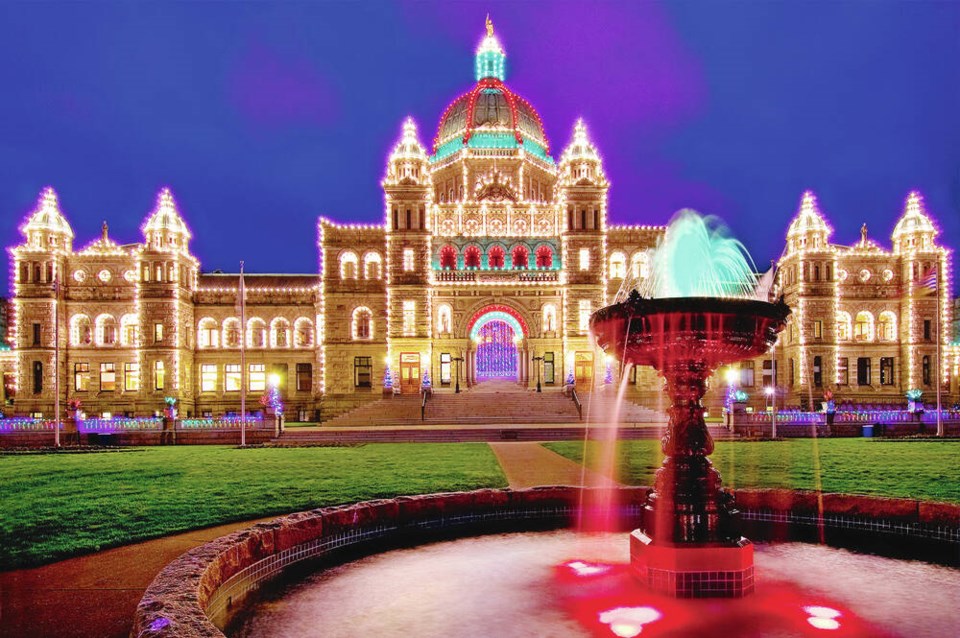On his first day in office, Premier David Eby announced a $100 “cost of living” credit for all B.C. Hydro customers. If that sounds a little cynical, Eby has plenty of company.
Newly elected Alberta Premier Danielle Smith has promised handouts of $600 for each child under 18 in families with low incomes.
And her definition of “low income”? Family earnings less than $180,000 per year.
Every tax filer in Saskatchewan is getting a $500 cheque, as part of that province’s “affordability plan.”
The Manitoba government is mailing out $250 cheques for the first child and $200 for each additional child in families with household incomes below $175,000.
And Quebecers who qualify are receiving cheques from $400 to $600.
Bribing voters in search of their support isn’t exactly news. Politicians have been doing it for years.
What does feel different is the sheer crassness of these stunts. Why, to take just one example, do families in Alberta with whopping incomes need $600 for each child they have? Aren’t there more needy folks to help out?
And there is a broader concern at stake. Crude opportunism of this kind directs attention away from the real challenges that governments are supposed to deal with.
It undermines the social contract by pretending that the tough issues of the day can be solved by paying off the voters.
The excuse offered is that in these times of high inflation, families need financial assistance.
In fact, the cause of inflation is too much money chasing too few goods. Supply chain breakdowns are at fault, caused in part by the COVID epidemic, and in part by a shortage of workers. Giving shoppers more cash to spend won’t fix this, and might in fact exacerbate it.
There is another angle to consider. Everyone knows our health-care system is in crisis.
Recently, at a federal/provincial meeting of health ministers, the provinces pleaded poverty and beseeched the federal government for money.
In one respect they had the right to do this. Ottawa has defaulted on its promise to share the costs of Medicaid on a 50/50 basis.
But that plea loses much of its force if the self-same provinces have untold millions to spend on transparent vote-grubbing schemes.
What’s at issue here is the role of government in society. The difficulties that confront us are enormous.
Can the current outbreak of respiratory disorders be traced to a weakened immune response caused by mask wearing? If so, how do we respond if a more virulent strain of COVID arrives?
Do we know how much affordable housing is needed to give every family a home? The federal government does not. A recent audit revealed that Ottawa has no idea whether the billions it has spent attacking homelessness have made even a dent.
Should teenage drug addicts with a history of overdosing be forcibly hospitalized?
What must be done to curb random street violence?
These and a dozen other tough questions shape the landscape we live in. To resolve them we need a thoughtful dialogue between politicians and voters.
But that can only occur if each has regard for the other. Bribery schemes of the sort we’re being treated to disrespect the intelligence of voters, and cheapen the image of politicians.
No good answers lie down that road.
>>> To comment on this article, write a letter to the editor: [email protected]



